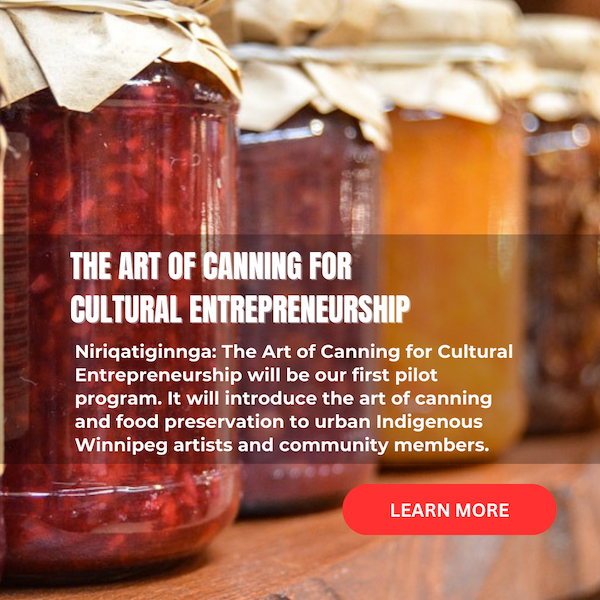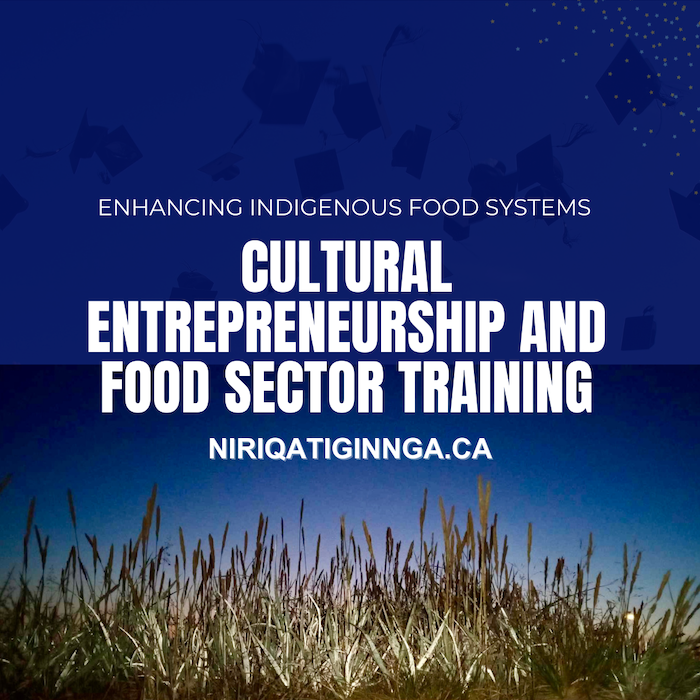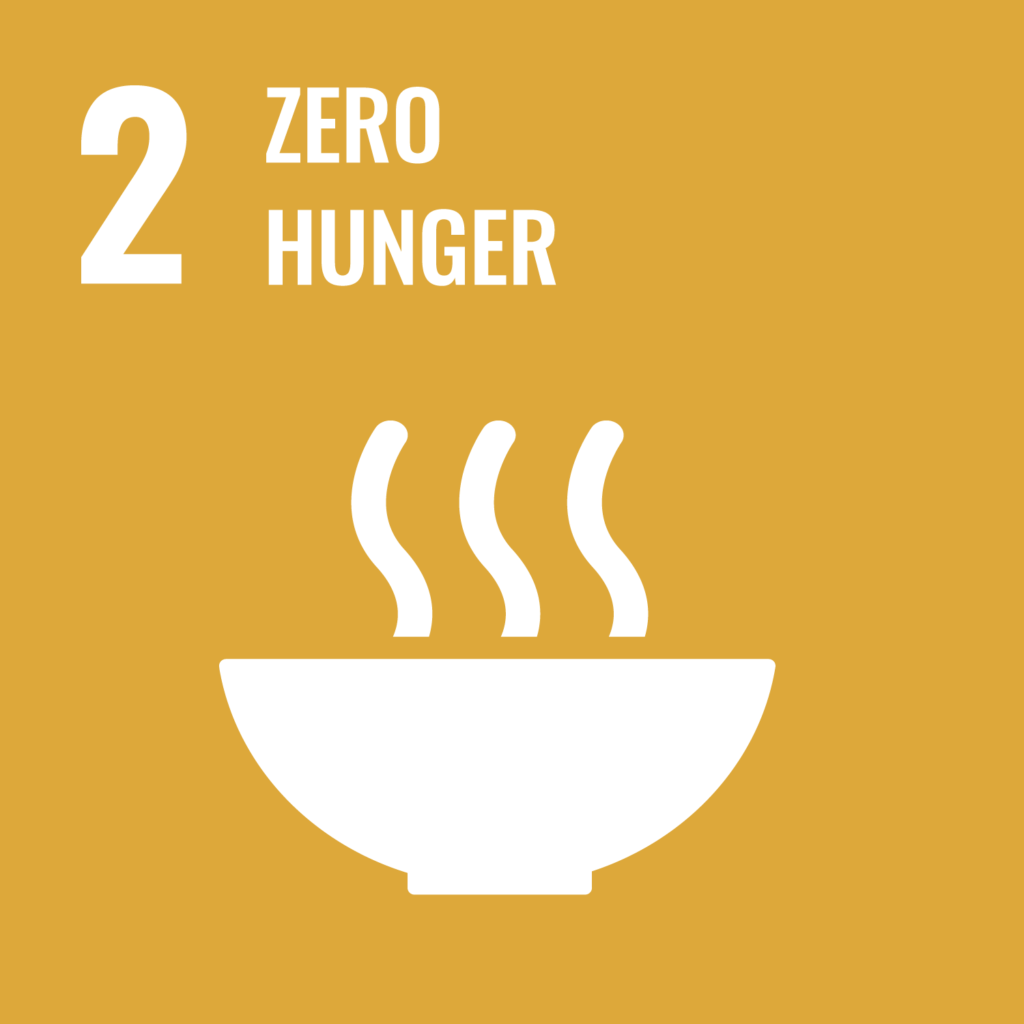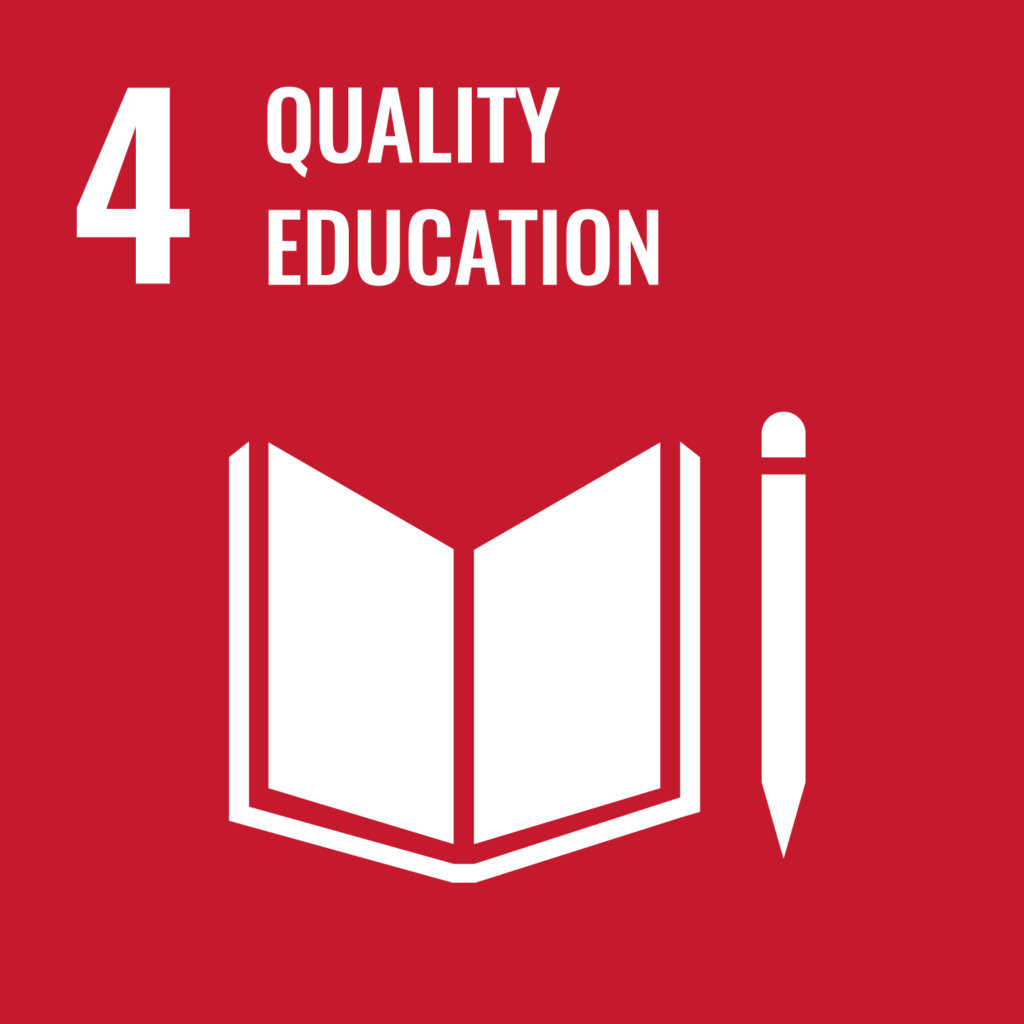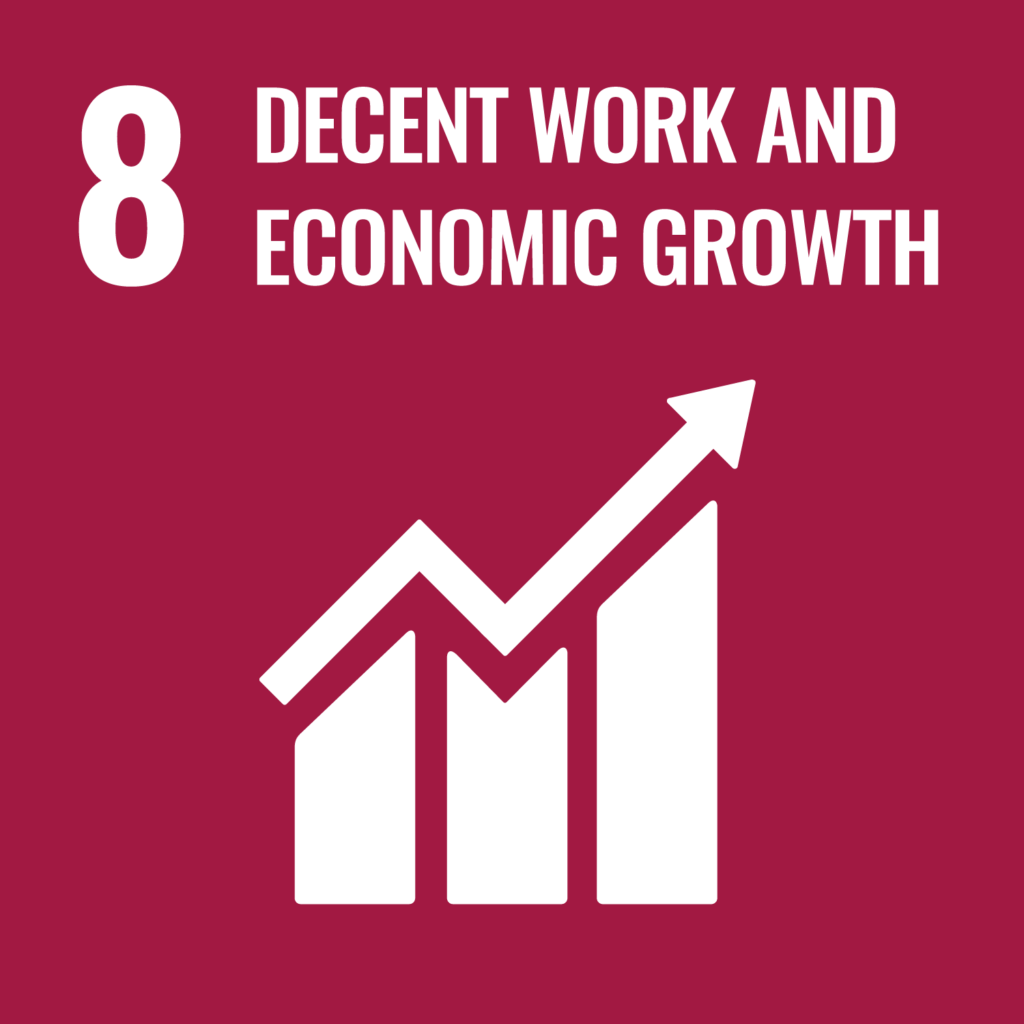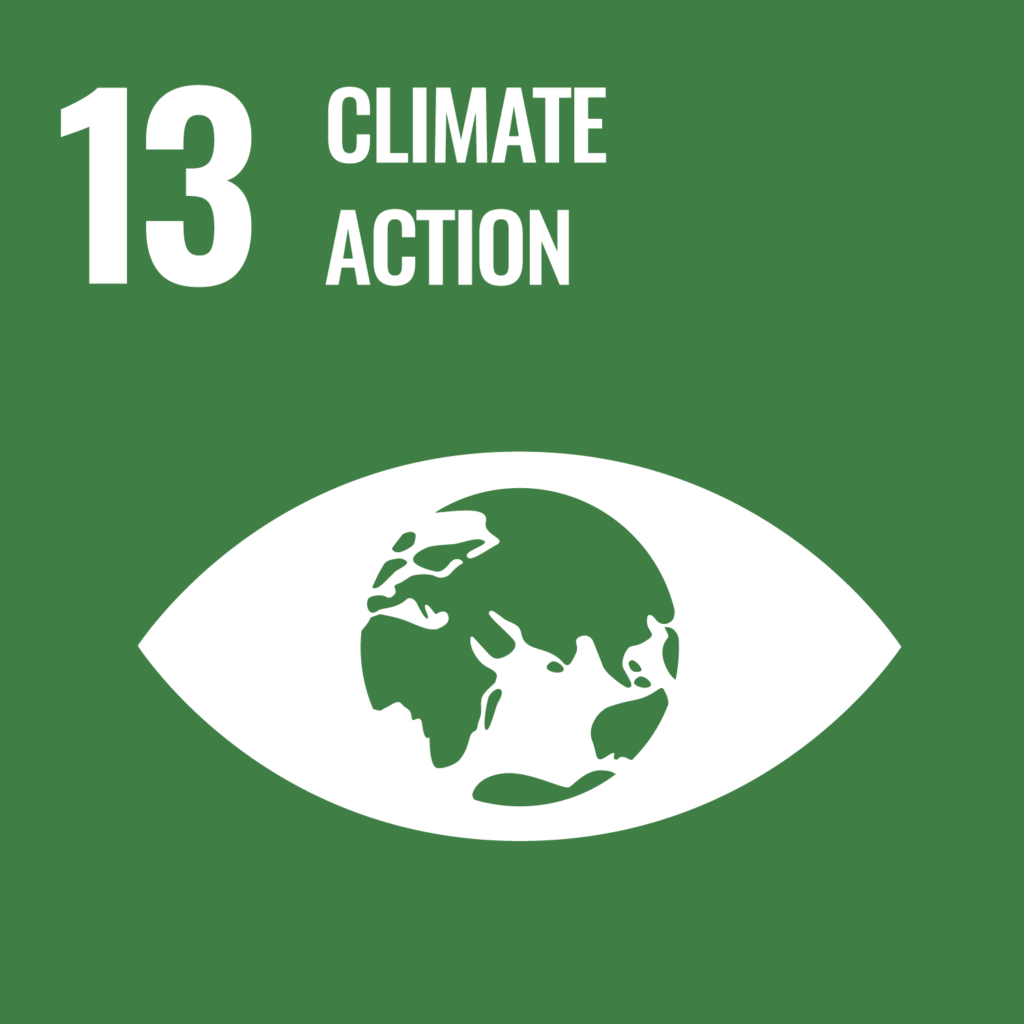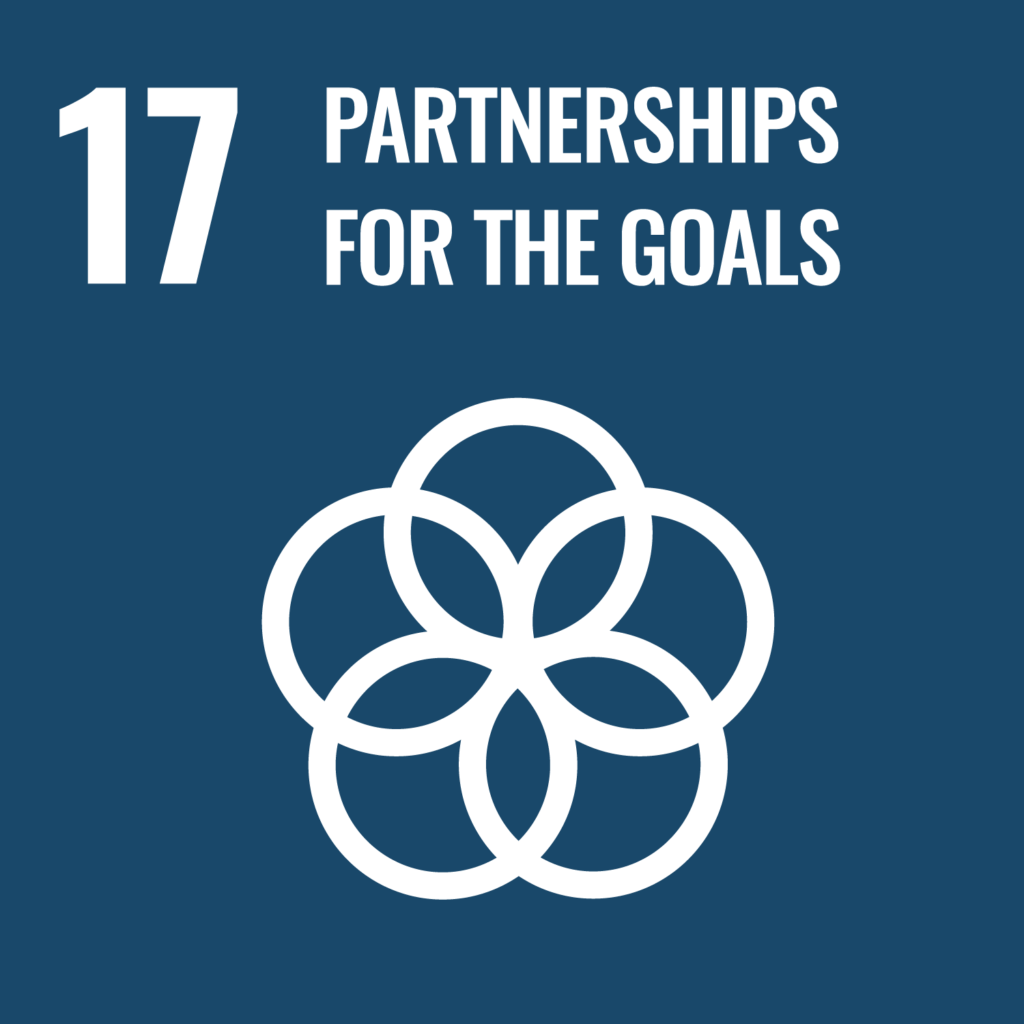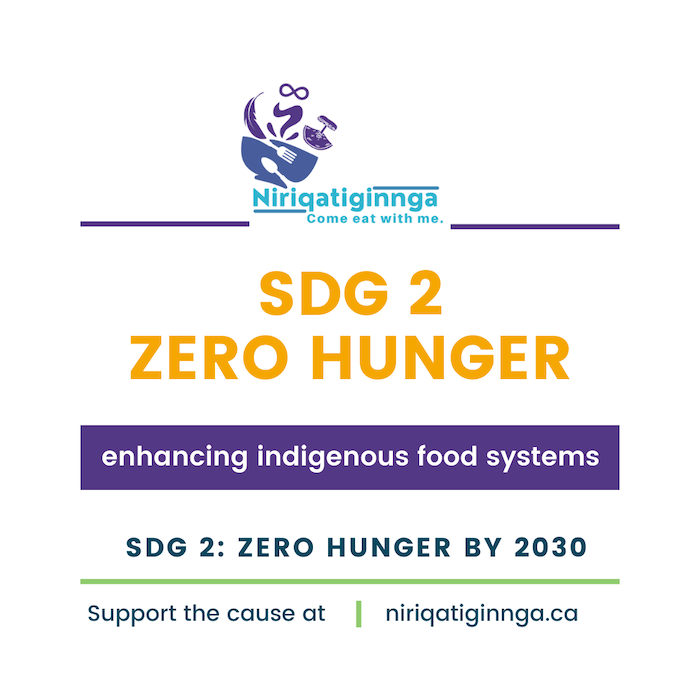2023-2024 PILOT PROJECTS
ENHANCING NORTHERN INDIGENOUS FOOD SYSTEMS THROUGH ENTREPRENEURSHIP
Take a look at this music and video showcasing the evolution from grassroots, participatory arts project to international food sector entrepreneurship program.
Niriqatiginnga as a hub for learning and connection with community, was piloted in modular, co-developed phases with a number of partners and organizations. The project began with consultations in May 2023 with preliminary participatory research taking place from October to June 2024. The first year pilot focused on three areas: capacity building, participatory food security research training and economic reconciliation through an introduction to creative food sector entrepreneurship.
These pilot project activities were successfully completed from May 2023 to June 2024 and saw increased collaboration with Nunavut, Manitoba and Minnesota and beyond.
Niriqatiginnga’s first year was designed as an experimental “framework” to assemble a collective of community-based projects, nonprofit organizations, academia and businesses exploring through emergent and participatory shared experiences. Each series of activities and “mini-projects” overlapped with and complemented the others. Some components of the project were smaller, shorter, and highly experimental while other activities will take longer, have a more formal structure and require a more sustained level of effort.
Learn more about how we’re designing our programming to align with advancing the Sustainable Development Goals.
Here is a list of food security, arts and community based research and resources we used for our first year pilot projects.
Northern Food Security and Supply Chain Studies
Enhancing Food Security and Sovereignty through Operations and Supply Chain Initiatives in the North American Arctic
Our pilot project wasn’t just about understanding supply chains and food systems. We’ve been co-designing a highly collaborative program with activities taking place from farm to fork, and hunter to home and across the circumpolar world.
The research component of the program supported preliminary research on the need to build capacity for businesses and organizations to analyze trends, patterns, and correlations in food supply, shipping, consumption, and nutritional data. The purpose was to be better able to identify and communicate areas of concern to inform targeted interventions.
This research also enabled unique approaches to evidence-based policy dialogues and recommendations for future resource allocations that could help address some of the root causes of food insecurity. As well, the pilot program helped promote grassroots and organizational capacity building programs in support of sustainable northern food systems.

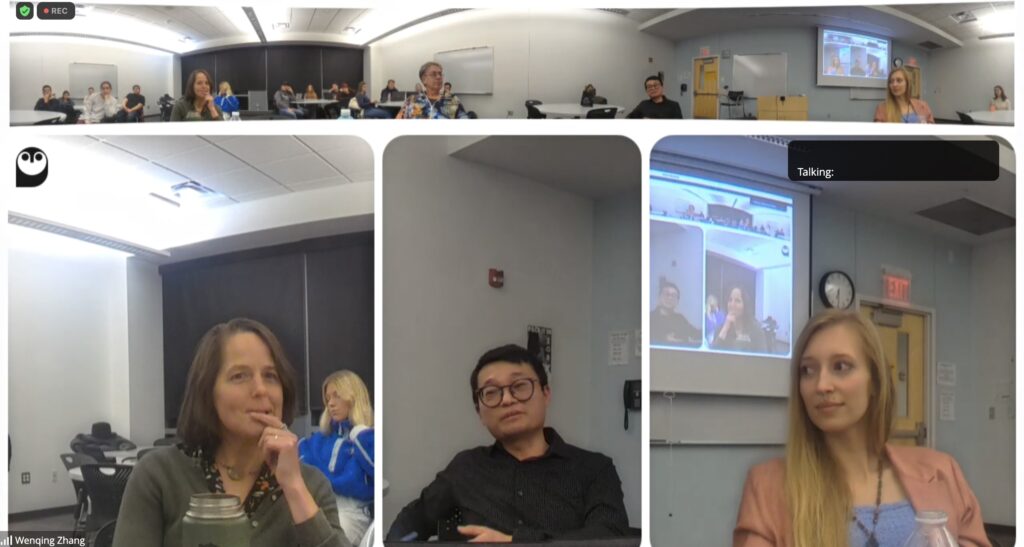
Relationship Development and Engagement
Decision Making in Supply Chain Operations
On November 22, 2023 members of the project met with graduate students studying decision making in supply chain operations. The sessions were led by Dr. Wenqing Zhang, PhD at the Labovitz School of Business and Economics, University of Minnesota Duluth as part of the university’s Distinguished Speaker Series. The project team are incredibly thankful for the support of UMD over the last few years and appreciated being included in these cross-cultural and international conversations.
Knowledge Exchange for Sectoral Development
Exploring Cluster-Based Approaches
Innovation Clusters can be defined as: inter-connected organizations, projects and institutions working in a common industry. They involve the creation of collaborative and dynamic relationships between various players around common goals, innovative ideas, knowledge sharing, public and private investment. Clusters also foster collaborative environments around common frameworks designed to promote synergy and innovation.
Some important examples of organizations, models and approaches this project aimed to study were:
The Arctic Foods Innovation Cluster (AFIC) is a project that aims to pull together relevant people in the Arctic foods value chain for a cluster-based approach to food production and regional economic development. On this same front, we are also excited to learn about the UArctic Thematic Network on Northern Food Security.
Manitoba Agriculture’s Food Development Centre (FDC) is a fee-for-service facility that provides product commercialization with technical and research assistance for agri-food businesses. It provides a services focus on plant and animal protein products and ingredients to support the Manitoba Protein Advantage (MPA).
Getting creative for northern Food Security and Food Sovereignty
From November 2023 to June 2024, the Niriqatiginnga project worked with Biosystems students from the Minneapolis College of Art and Design to prototype a toolkit and facilitator’s guide. Its purpose was to co-design a project-driven process to assist community-based programs in building stronger relationships between research institutions, academia, northern and Indigenous communities and government.
The activities were also intended to support the exploration of future research projects, training and relationship building initiatives. Outcomes of the first year pilot for Niriqatiginnga were presented at the 2024 Arctic Congress in Bodø, Norway from May 27 – June 3, 2024.
We are incredibly thankful to the students and faculty of the Minneapolis College of Art and Design undergraduate Creative Leadership and Master of Arts in Creative Leadership programs for supporting this remarkable and growing international food entrepreneurship, participatory research and arts-driven collective.
The first year of Niriqatiginnga (2023-2024) focused on assisting community-based projects in establishing and strengthening relationships between research institutions, academia, Indigenous communities and government. The activities were also intended to support the exploration of future research projects and training initiatives.





